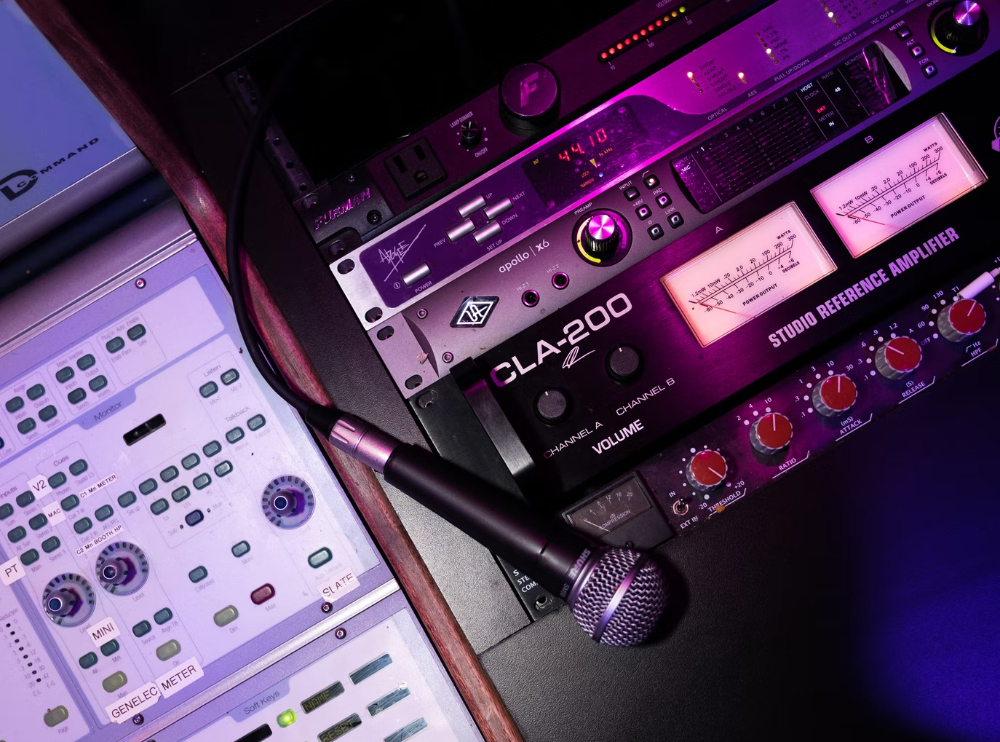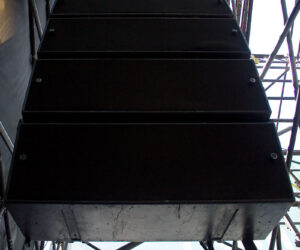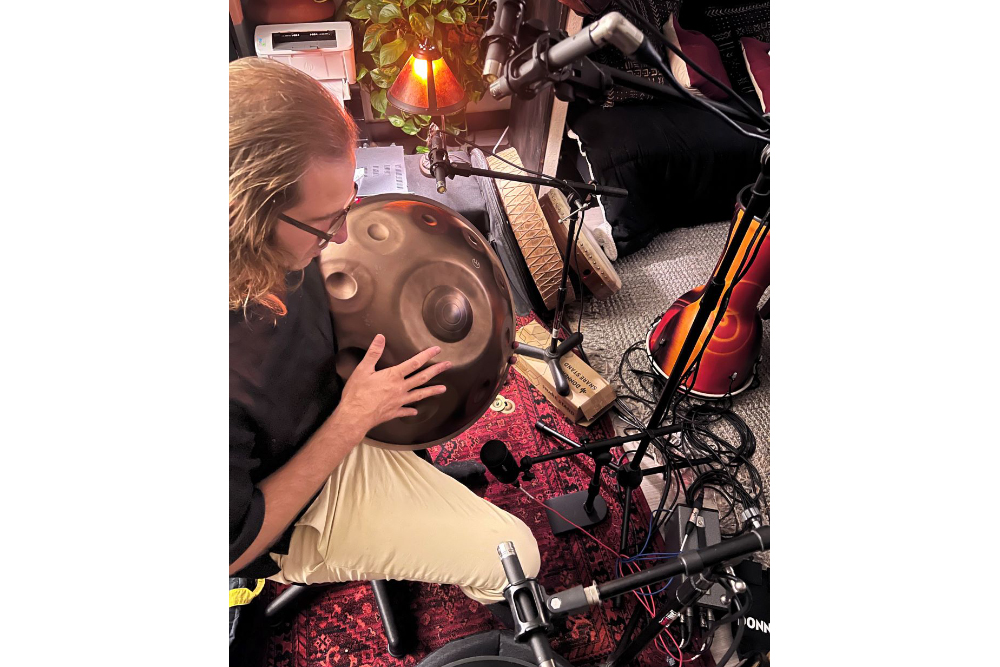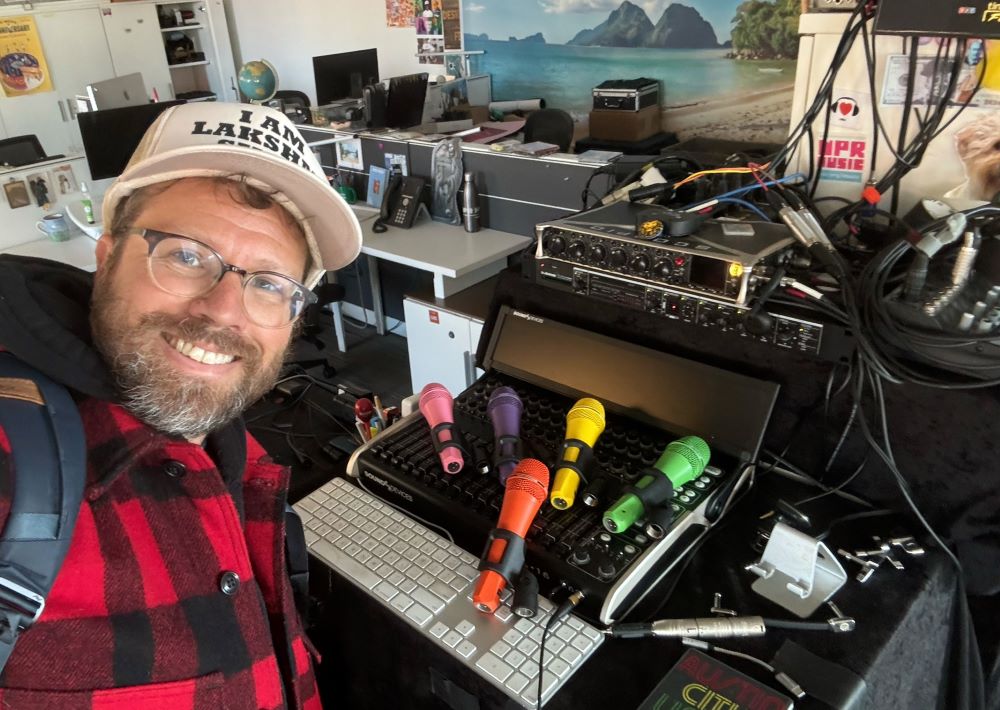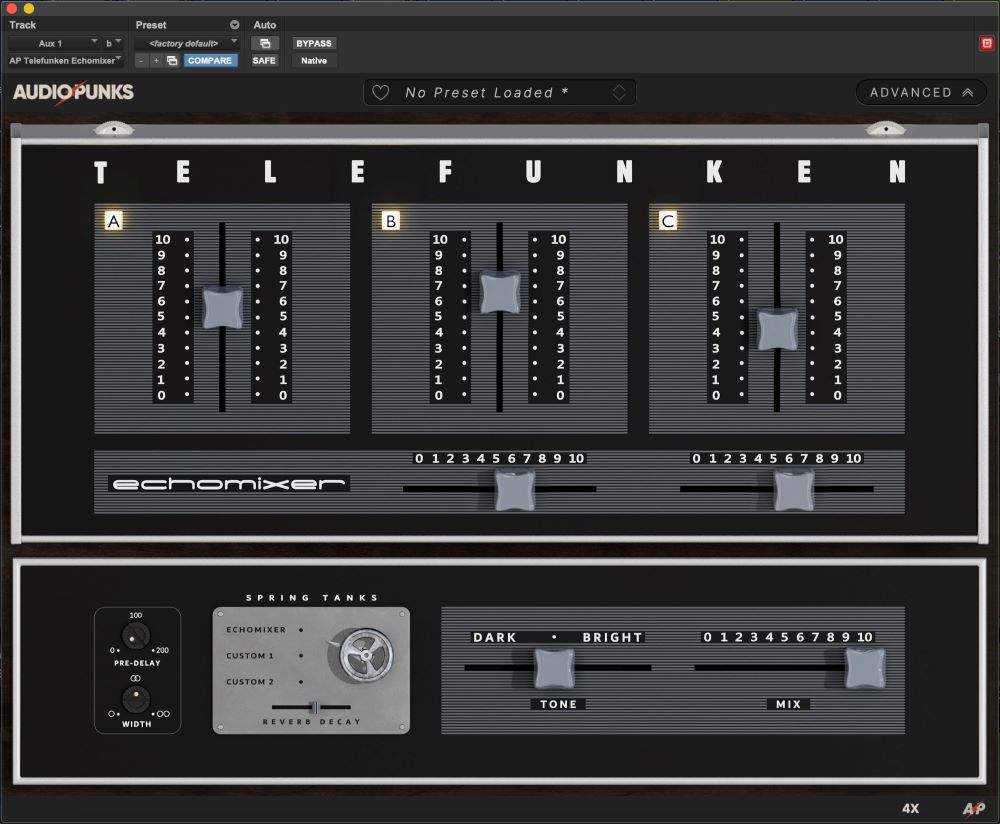.
As you can probably imagine, I get a lot of emails. A lot.
Between emails, blog comments, Facebook and Twitter questions, etc., I see a lot of recurring themes.
One of the biggest is the “What’s the best…” questions.
What’s the best mic for vocals? What’s the best mic for acoustic guitar? What’s the best preamp for under $49? Which recording software is the best?
You’ll find this a lot in popular forums, and you can’t really blame the person asking the question.
It’s not a dumb question, by any means…but it’s also not an answerable question.
It’s like asking – Which bear is best? (Little “The Office” reference for you.)
The answer? It depends.
If we’re talking about which bear is best for living on the north pole, then I’d probably lean towards polar bear. Best at catching salmon in a river? Maybe a grizzly or a black bear.
But even with bears, you can arrive at the answer fairly quickly. There just aren’t a ton of variables, but the answer still depends on the application.
The same goes with all things audio.
You could own a single microphone and make it sound good on everything you record. You could also own two dozen microphones and not be able to make any of them sound right on anything.
Unfortunately, there’s no one-size-fits-all. One mic that sounds perfect on a particular singer may not even sound perfect on the same singer on a different song.
I’ve mentioned this before, but on one of my albums, I used three different microphones on the lead vocals. Every song had its own demands, and no one mic seemed to work for every song.
The Way To Ask The Question
I’m not saying you can’t ask someone “what’s the best…”” However, you have to be prepared for the inevitable answer of “It depends.”
Rather than asking unanswerable questions, narrow it down a bit.
If you’re wanting a new preamp for lead vocals, ask someone what they use and why they use it. Ask them what their favorite preamps are for different situations.
Pick out a few preamps in your price range, then ask which one would suit your situation better. A lot of times it comes down to features as much as it does sound quality.
Learning how to ask the question will actually help you think through the situation more clearly, and you may come up with your own answer before you even ask anybody.
“But Joe…
…I don’t have any way to hear this gear before I buy it.”
I know. I get it. But if you think through your needs and listen to what other people are saying about the gear, you can have a very good idea of which products will most likely be right for you.
And if it ends up not working, that’s what return policies are for.
Here’s an example. I recently bought a guitar amp. I could have gone onto Facebook or a forum and said, “Which guitar amp is best?”
I would have gotten a bunch of answers, each telling me to look at a different product. It wouldn’t have been helpful. I would’ve been more confused.
But if I ask something like, “I need a new amp. I’m already getting a nice, warm Fender tone, so I need something a bit brighter that breaks up really nicely without sounding overly crunchy or heavy.”
Suddenly the suggestions become much more focused.
Knowing what I want (or what I’m missing from my current equipment) helps me know what to ask.


